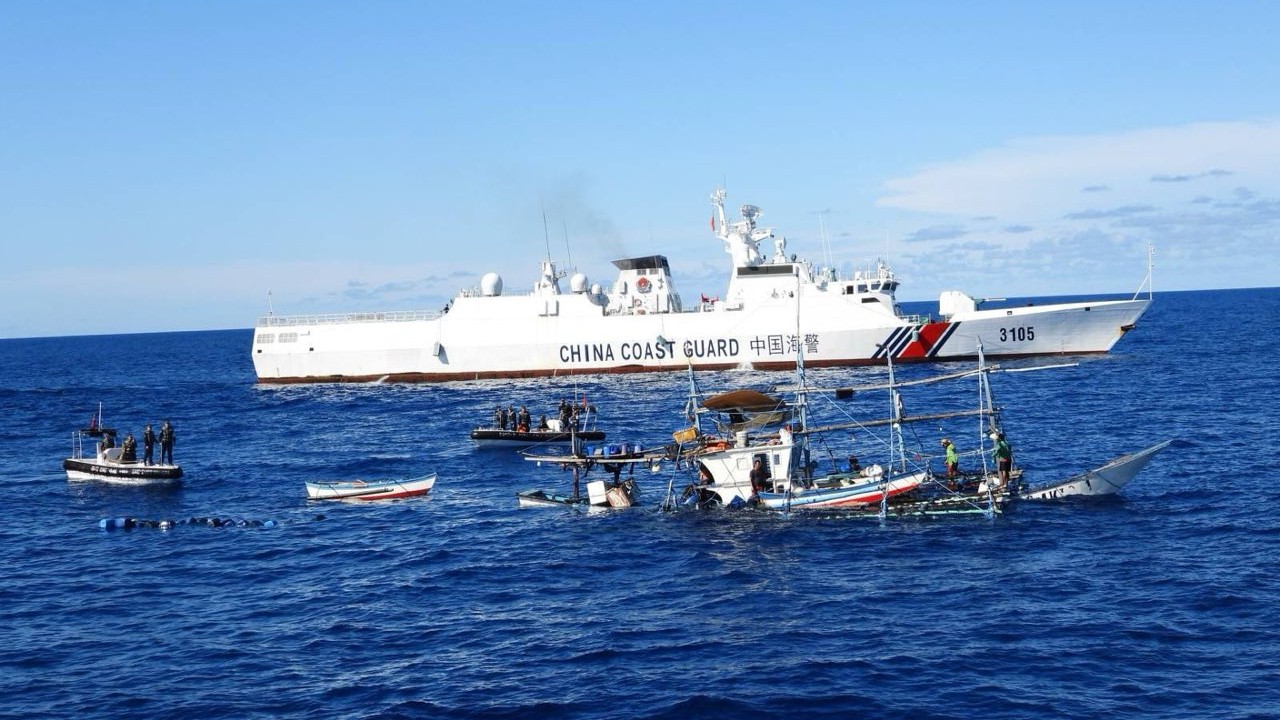The recent “arrangement” between the Philippines and China for resupplying Filipino troops stationed on the BRP Sierra Madre at Ayungin Shoal is a significant yet cautious step towards managing an increasingly volatile situation in the South China Sea. Announced by the Department of Foreign Affairs (DFA), this agreement emerged from the 9th Bilateral Consultation Mechanism on the South China Sea held in Manila on July 2. It underscores the complex balancing act the Philippines must perform in the face of regional power dynamics and national security imperatives.
The arrangement allows for the resupply of daily necessities and the rotation of troops to Ayungin Shoal. It marks a rare moment of cooperation in a region fraught with tension. However, it is crucial to recognize that this understanding, while a positive development, does not resolve the underlying disputes. Both nations maintain their respective claims and positions in the South China Sea, and the provisional nature of the agreement suggests that it is more of a tactical ceasefire than a strategic resolution.
China’s aggressive maritime behavior has escalated regional tensions, with Ayungin Shoal being a flashpoint. The shoal, located within the Philippines’ exclusive economic zone, has seen numerous confrontations between Chinese and Philippine vessels. The grounding of the BRP Sierra Madre in 1999 was a bold assertion of Philippine sovereignty, but it has left Filipino troops in a precarious position, dependent on frequent resupply missions.
As reaffirmed by White House National Security Adviser Jake Sullivan, the support from the United States provides a significant security blanket for the Philippines. The Mutual Defense Treaty (MDT) between the Philippines and the U.S. ensures that any armed attack in the South China Sea, including Ayungin Shoal, would trigger mutual defense obligations. This alliance is a cornerstone of the Philippines’ strategy to counterbalance China’s expansive maritime claims.
However, it is worth noting that the resupply missions will remain a purely Philippine operation, according to National Security Adviser Eduardo Año. This stance emphasizes the Philippines’ desire to assert sovereignty and manage its affairs independently while appreciating the U.S.’s “ironclad” support. The Armed Forces of the Philippines (AFP) have underscored their commitment to the welfare and readiness of troops in strategic locations, seeking foreign intervention only as a last resort.
The newly signed “Arrangement on Improving Philippines-China Maritime Communication Mechanisms” aims to de-escalate tensions and manage incidents more effectively through direct communication channels at the highest levels. This is a pragmatic move, but it remains to be seen whether it can withstand the test of real-world provocations. Historical patterns of Chinese behavior in the region suggest that Beijing’s actions often contradict its diplomatic rhetoric.
While necessary, the Philippines’ diplomatic engagement with China should be approached with caution. Trust and verification should be the guiding principle. The 2016 arbitral ruling invalidating China’s claims over most of the South China Sea is a legal triumph for the Philippines. However, enforcing it requires a multifaceted approach—diplomatic engagement, military preparedness, and robust alliances.
As the Philippines navigates these turbulent waters, it must continue to build a credible defense posture and strengthen alliances with like-minded nations. This includes pursuing additional reciprocal access agreements, such as the recently signed pact with Japan, and exploring similar arrangements with Canada, New Zealand, and France. These agreements enhance interoperability and signal a united front against coercive behavior in the region.
While the provisional arrangement for resupplying troops at Ayungin Shoal is a step forward, the Philippines must remain vigilant and proactive in defending its sovereignty. Diplomatic dialogues, backed by strong alliances and a credible military deterrent, are essential in maintaining stability and upholding a rules-based international order in the South China Sea. The stakes are high, and the Philippines must navigate this complex landscape with caution and resolve.






